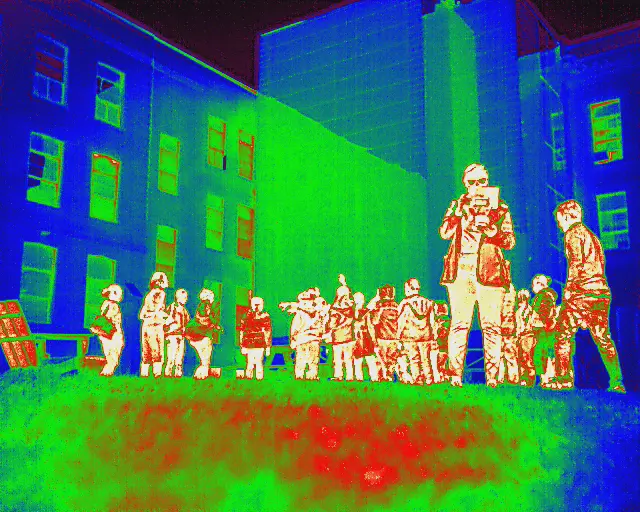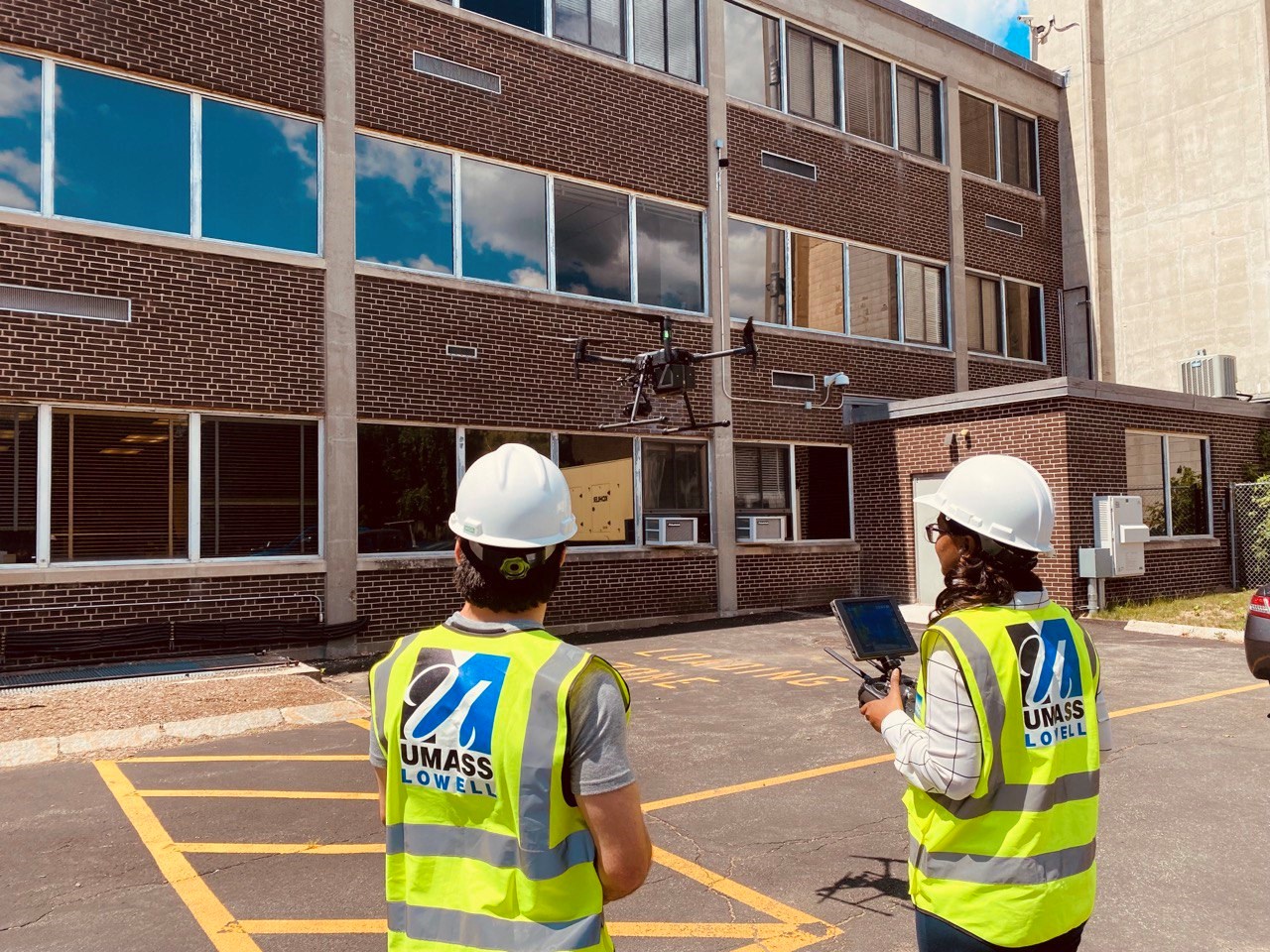The Buildings & Energy Efficiency research thrust area at the Center for Energy Innovation encompasses multidisciplinary expertise in energy efficiency, especially the energy efficiency of buildings and structures. In addition to materials for sustainable energy applications and building sciences, the Center’s research also works toward sustainable and resilient buildings. We are interested in mitigating climate change-related urban risks.
Our faculty's research activities include material engineering, heat and mass transport in porous media, thermofluids, phase change processes, advance thermal insulation, radiation control technologies, and functional coatings, as well as thermal storage and building-integrated solar technologies. Our facilities enable prototyping as well as lab and field exposure testing of system-scale photovoltaic modules, heat storage systems, and building envelopes.
Our faculty also provide energy and sustainability audits and assessments advancing quantitative environmental assessments for building’s whole-life, as well as analysis of life-cycle embodied energy and energy usage dynamics. Our research has been supported by the U.S. Department of Energy, Department of Defense, Fulbright Foundation, National Science Foundation, the Massachusetts Clean Energy Center, and numerous industrial partnerships.
 Image by Shweta Dabwetar, Ph.D.
Image by Shweta Dabwetar, Ph.D.
Highlights
- UMass Lowell hosted several tour groups of students in the Lowell-based afterschool program Kids In Tech, a non-profit organization which provides learning opportunities and STEM education for diverse and low-income students in Lowell. During the tour, the SENSORS Lab Group led by Prof. Alessandro Sabato demonstrated infrared drone imaging technology and provided interactive opportunities for students to learn how to fly model drones. Students toured the SDASL laboratory afterward.
- In July 2022, “Thermal Insulation and Radiation Control Technologies for Buildings” by Jan Kosny and David Yarbrough was published by Springer in the Green Energy and Technology series. The book, available both hardcover and as an e-book, offers a unique analysis of thermal insulating products and their integration with building components. Access the Thermal Insulation and Radiation Control Technologies for Buildings book in your preferred format via the SpringerLink website.
- Jay Thakkar’s doctoral research focused on the development and analysis of novel phase change material formulations based on the Calcium Chloride Hexahydrate. His findings, with Professors Jan Kosny and Margarat Sobkowicz-Kline among the co-authors, were published in the MPDI Buildings Journal. This research was funded by the U.S. DOE and ONR. Read his thesis, “Optimization of Preparation Method, Nucleating Agent, and Stabilizers for Synthesizing Calcium Chloride Hexahydrate (CaCl2.6H2O) Phase Change Material” at the MDPI website.
- Professor Jasmina Burek's article at The Conversation discusses "The most cost-effective energy efficiency investments you can make -- and how the new Inflation Reduction Act could help." The IRA includes a wealth of home improvement rebates and tax credits to help Americans cut their energy use, and Prof. Burek helps highlight which improvements homeowners and renters can make to have the greatest effect with significant savings. Some efficiency strategies include upgrades and renovations, while other cost-savers may be as simple as behavior change. Read more on the Conversation website: The most cost-effective energy efficiency investments you can make – and how the new Inflation Reduction Act could help.

